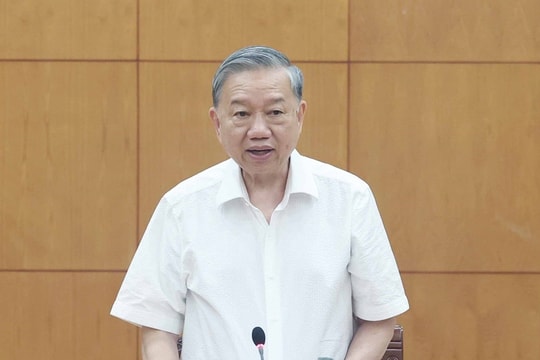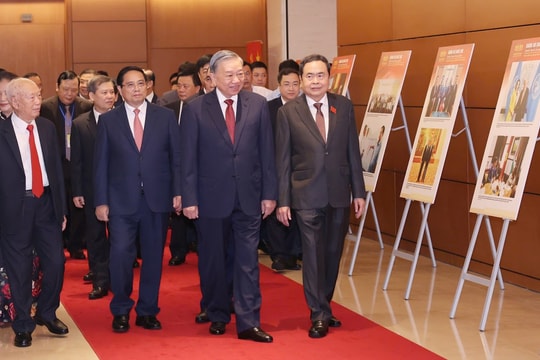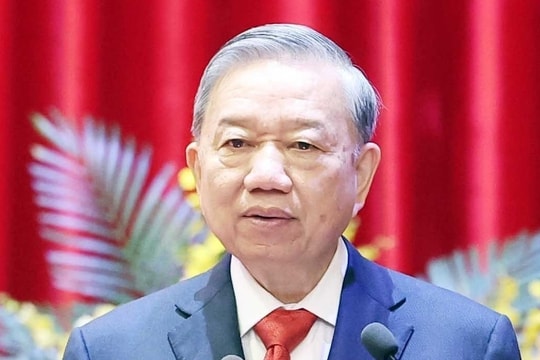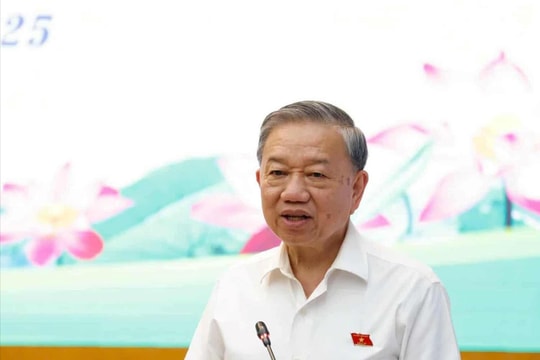Disciplining officials - painful but necessary!
Disciplinary action against officials is something no one wants, is painful, but is something that cannot be avoided.
The 5th Central Conference, Session XII - an important conference that resolved very important issues - has closed. Three resolutions that are pivotal for economic development were unanimously passed. With an objective, impartial and serious spirit, the Central Executive Committee decided to discipline high-ranking officials at this Conference.
Disciplinary action against erring cadres is extremely important because the Party's cadre work must be closely linked to the arrangement, innovation, and improvement of the operational efficiency of State-owned enterprises. And also because, through this incident, our Party has learned a profound lesson about Party building and cadre work - the key of all keys.
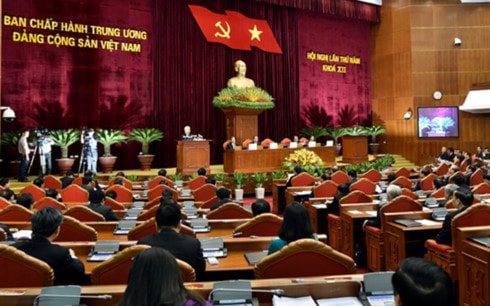 |
| The 5th Conference of the 12th Party Central Committee. |
Before the 5th Central Conference, 12th term, at the 14th Session, the Central Inspection Committee decided to discipline a series of officials due to very serious violations and shortcomings.
Disciplinary action against officials is something no one wants and is painful. But it is something that cannot be avoided. Because “the law is impartial”, all party members must comply with the Party Charter, are equal before the law, and high-ranking officials must bear even greater responsibility before the law, before the Party, and before the people.
When each violation is clarified, with a suitable, "reasonable and empathetic" level of discipline, it will affirm the strictness of the law; the seriousness and purity of the Party; it shows that the commitment to "practice what you say" and "no forbidden areas in the Party" has been fulfilled.
It arouses people's faith in the Party and in the Party cadres and members. But it also shows that the work of cadres, management, supervision of cadres, handling and evaluation of cadres still has loopholes and many serious problems; it shows that our Party must seriously look at reality, to draw profound lessons, so as not to have to deal with very serious violations that belong to the past.
That lesson is democracy and transparency in personnel work. Although we have made progress in demonstrating increasing democracy by publicizing the Party's decisions and the conclusions of the Central Inspection Committee, it is not really enough when many Party committees and leaders still consider personnel work as only the responsibility of the Party committee. They even consider this a place to bestow favors, or use power arbitrarily, arrange and appoint unworthy officials, and find ways to push officials who have committed mistakes to higher positions.
When there is democracy and transparency, there will be no more running for positions, power, planning, or rotation; no more negativity or corruption in personnel work; no more degeneration of power, causing public discontent and loss of trust among the people.
The lesson is to manage and closely monitor cadres and party members; to effectively monitor power. Obviously, for a long time, this stage has been too lax, too weak, lacking the participation of the people and social organizations, leading to the situation where tens of thousands of party members have been disciplined, leading to a large number of cadres and party members "degrading", "self-evolving, self-transforming"; leading to serious, very serious violations by even high-ranking cadres as recently assessed by the Politburo, the Secretariat, and the Central Inspection Commission.
The lesson is that the handling of violations must be strict, in accordance with the Party Charter and the rule of law. And it must be carried out regularly, increasing deterrence and education. Here we must frankly acknowledge that there is still a state of deference and avoidance; there is still leniency and complacency; there are still "handshakes" to cover up and trade. That is why there are cases of officials committing one mistake after another without being disciplined; there is the phenomenon of abuse of power; there is a loss of staff and the loss of people's trust.
The lesson is to regularly rectify the Party, to promote the spirit of criticism and self-criticism. Criticism is to see shortcomings, to correct and overcome. But whether it is substantial or not, whether it meets the requirements of Party building work or not, is clearly not the case. Therefore, small mistakes become big mistakes, serious mistakes. Therefore, a number of Party cadres are like patients who are resistant to medication, and over time, their health becomes more and more dangerous, and they fall deeper and deeper into serious mistakes. And removing those cadres from the ranks is inevitable.
These lessons are not new, but never old. They need to be practiced regularly so that our Party leaders do not have to "suffer and grieve having to discipline a few people to save thousands"; so that our Party is truly ethical and civilized, so that Party cadres are worthy of the people's trust and the important responsibilities that the people entrust./.
According to VOV

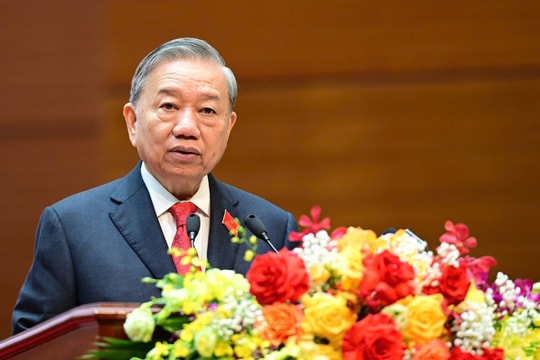
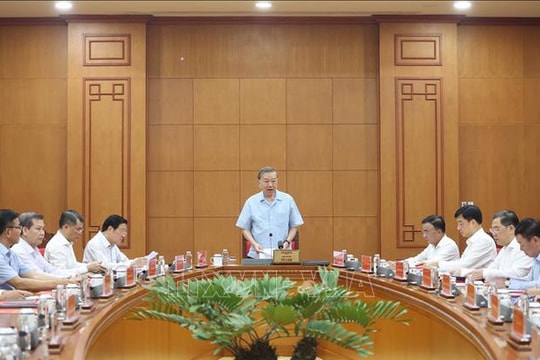
.jpeg)
